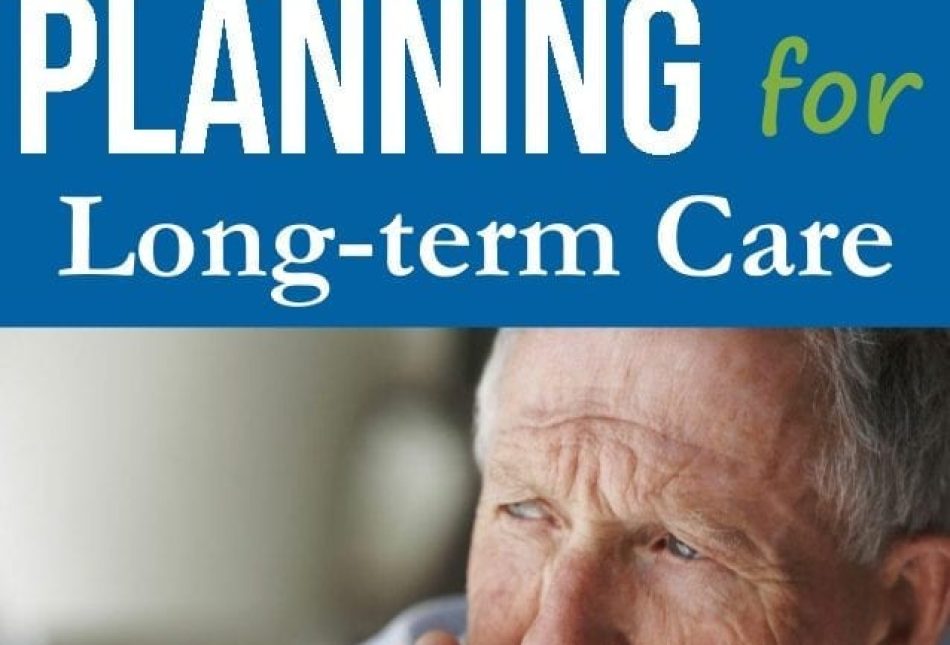Long Term Care Reform Could Provide Additional Budget Savings for New Mexico

ALBUQUERQUE — New Mexico policymakers will meet in Santa Fe later this month to address major budget deficits. The Rio Grande Foundation has previously outlined several specific ideas for policymakers, but none of New Mexico’s political leaders have outlined a detailed plan to address the issue to date.
In this brief, “Long Term Care: Much-Needed Cost-Savings for New Mexico,” the Rio Grande Foundation and the Center for Long-Term Care Reform add another potential area of cuts to the mix totaling as much as $100 million in savings to New Mexico in the area of Medicaid.
These cuts should appeal to both Democrats and Republicans alike. For Democrats, it is worth noting that reforms to Long-Term Care under Medicaid would reduce Medicaid’s generosity towards affluent senior citizens looking to shield their assets. For Republicans, $100 million in savings would contribute significantly to making good on Gov. Martinez’s efforts to close the budget deficit without raising taxes.
As discussed in the brief, Gov. Martinez and the HSD should work with the state legislature and the federal CMS to:
(1) Cut the home equity exemption to the federal minimum (currently $552,000);
(2) Maximize estate recoveries to bring in an extra $5 million per year in non-tax revenues;
(3) Curtail long-term care financial eligibility loopholes wherever possible, and
(4) Educate the public that long-term care is a personal responsibility for which everyone one needs to plan, save, invest or insure.
(5) Promote the state’s Long-Term Care Partnership Program
While reforming long-term care presents a current opportunity at Medicaid savings, absent reforms, it is another area that could have dramatic, negative impacts on New Mexico’s budget. Long-term care costs skyrocket after age 85. New Mexico’s 85-plus population is only two percent now (28th nationally), but it’ll be three percent (10th) by 2032, about when their Trustees say Social Security and Medicare will become insolvent.
Concluded Paul Gessing, president of the Rio Grande Foundation, “New Mexico policymakers face some tough decisions in closing the gaping budget gap, but ending the fleecing of taxpayers by the Medicaid planning industry should be an easy move.”
